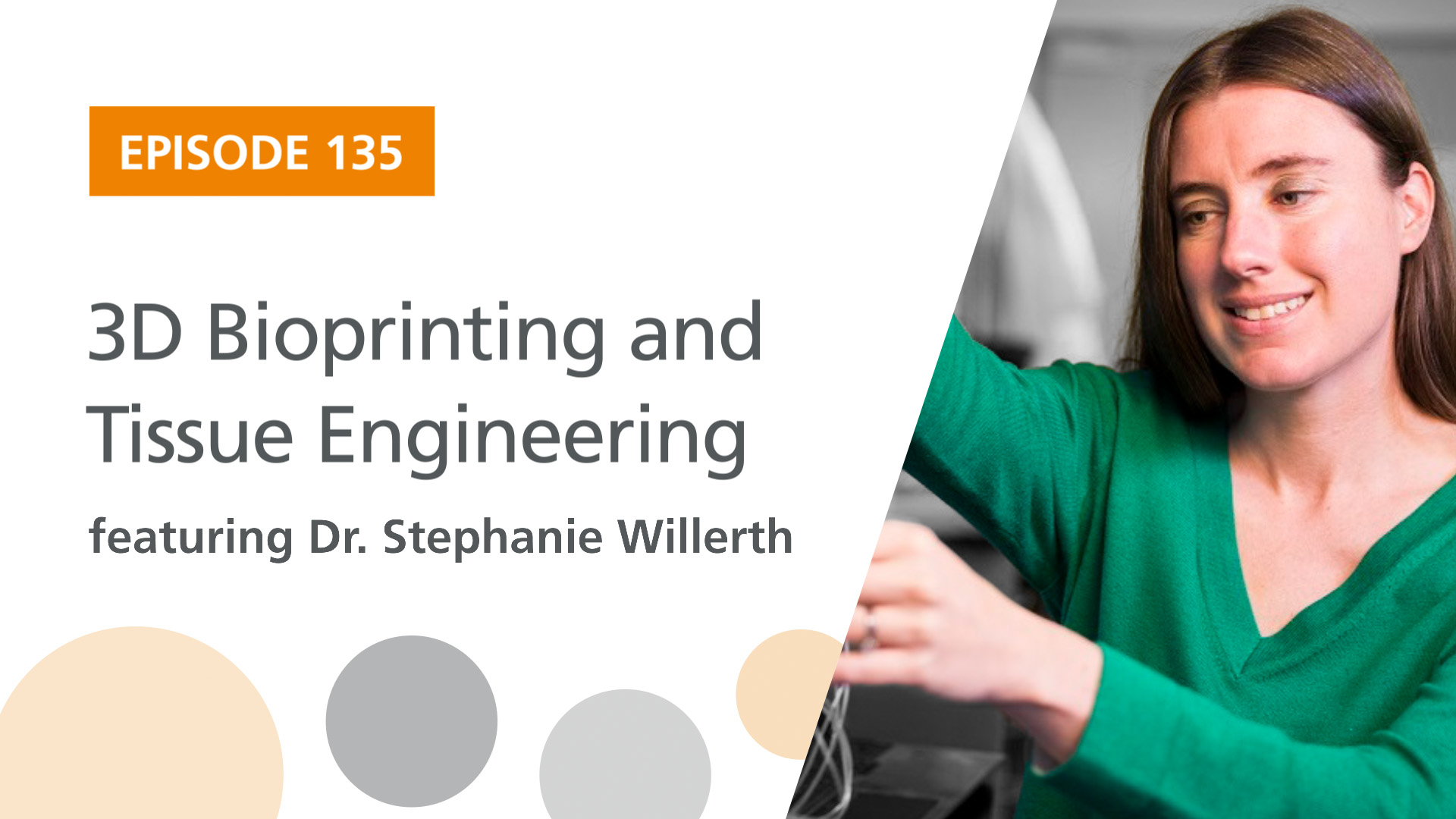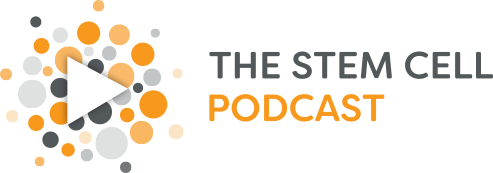
Podcast: Play in new window
Guest:
Dr. Stephanie Willerth is an Associate Professor and Canada Research Chair at the University of Victoria. Her research focuses on using engineering-based approaches to stem cell biology. Her team develops bioactive scaffolds for directing stem cell differentiation, and investigates the expression of transcription factors that regulates this process. The goal of her group’s research is to develop engineered tissues that can be transplanted in the human nervous system to treat diseases like Parkinson’s or repair damaged spinal cord tissue.
Featured Resources:
Resources and Links
A Druggable Target for Alzheimer’s Disease – Researchers have identified a cholesterol product regulating Tau proteostasis, which could serve as a drug target for Alzheimer’s disease.
New Biomarker and Drug Target for ALS – Using an iPSC model of human motor neurons, researchers discovered that the STMN2 gene may be a potential biomarker and therapeutic target for ALS.
Generation of Lung Organoids – Researchers have developed a protocol for differentiating hPSCs into human lung and bud tip progenitor organoids.
Scientists Grow Human Blood Vessels in a Dish – Scientists have grown functional human vascular organoids that can be used to model and study vascular diseases.
Organoid-Induced Differentiation of T Cells – Artificial thymic organoids were used to generate mature T cells from PSCs, providing a renewable source for treatment.
Photo Reference: Courtesy of Dr. Stephanie Willerth

